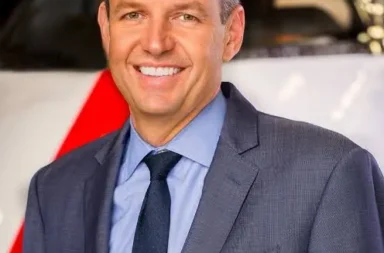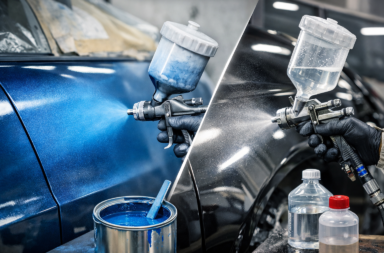Buying a car can feel like running a financial obstacle course. Just when you think you’ve agreed on a price, a list of dealer fees appears. Some are expected, others far less so. For shoppers in competitive markets like Newfoundland used cars, knowing what fees are legitimate can save you from overpaying by hundreds of dollars.
This guide cuts through the jargon and outlines which fees are standard, which are negotiable, and which you should question before signing the final paperwork.
What Are Dealer Fees?
Dealer fees are charges added to the price of a vehicle to cover the dealership’s costs in processing, preparing, and selling the car. Some are tied to actual services, while others exist mainly to increase profit margins.
Not all fees are questionable. But many are unregulated, meaning it’s up to the buyer to ask questions and push back when needed.
Common Standard Fees (Generally Legitimate)
These fees are widely accepted and usually reflect real costs incurred by the dealer. They should still be clearly disclosed before purchase.
1. Freight or Destination Charge
This covers the cost of transporting the vehicle from the manufacturer to the dealership. It’s usually non-negotiable and already included in the MSRP. For new cars, this can range from $1,000 to $2,000.
2. Documentation Fee (or “Doc Fee”)
Covers paperwork processing, lien registration, and administration. In some provinces, this is capped by law. In Newfoundland and Labrador, there is no specific provincial limit, so you may see a wide range, typically $300 to $600. Negotiate if it seems inflated.
3. Tire and Battery Levy
Applies in some provinces, including Newfoundland, to fund environmental recycling programs. Usually small, around $20 to $30, and mandated by the government.
4. Air Conditioning Excise Tax
Applies to new vehicles with air conditioning. A federal fee of $100, fixed and non-negotiable.
Questionable or “Padding” Fees (Often Negotiable)
This is where costs can balloon. Ask for clarification, and be ready to challenge or walk away.
1. VIN Etching
A service to etch the vehicle ID number on windows to deter theft. It’s useful, but should cost under $100. Some dealerships charge $300 or more without giving you a choice. Decline or negotiate.
2. Nitrogen in Tires
Tires inflated with nitrogen instead of air are marketed as improving fuel economy and tire life. The science is debatable. If this appears as a $100 to $200 charge, ask for it to be removed.
3. Paint or Fabric Protection
These are usually aftermarket add-ons with heavy markups. You can often get the same services for half the price from third parties. Ask if the service has already been applied. If not, say no.
4. Market Adjustment Fee
Seen on high-demand vehicles. This is a markup above MSRP due to supply constraints. It’s pure profit. If you’re told it’s non-negotiable, shop around or wait.
How to Spot Problematic Fees
Some dealers bundle vague fees into line items like “delivery prep,” “admin package,” or “dealer service.” Be cautious. If a fee isn’t explained in plain terms or feels redundant, push for details.
Ask for a full breakdown before you commit to a deal. Any reputable dealer, such as Carlantic, will be transparent about what you’re paying and why.
Do Used Car Buyers Pay the Same Fees?
Not always. In the Newfoundland used cars market, documentation and safety inspection fees are common, but delivery charges or freight should not apply.
Still, used car dealers may attempt to add fees for cleaning, certification, or extended warranties. These are negotiable. If they weren’t disclosed in the advertised price, push back.
Tips to Avoid Overpaying
- Get an itemized quote before negotiating. Don’t rely on verbal price promises.
- Use third-party calculators to compare fees by province or dealership.
- Don’t hesitate to walk away. Especially if the dealer won’t remove questionable add-ons.
- Ask if fees are required by law. If not, they are open to negotiation.
FAQs
Are dealer fees legal in Canada?
Yes, but they must be disclosed clearly and cannot be misleading. Some provinces regulate maximums, others don’t.
Can I refuse to pay a dealer fee?
You can ask to have it removed. Whether the dealer agrees depends on the fee and the negotiation.
Are dealer fees included in advertised prices?
Not always. Some dealers advertise the base price without fees, which can mislead buyers. Always ask for a full breakdown.
Why do some dealers charge more fees than others?
It’s partly about profit strategy. Some dealers price low upfront and make money on the backend through add-ons.
Do online dealers charge fewer fees?
Sometimes. Online platforms may include standard fees in the listed price, but it varies. Read the fine print.



